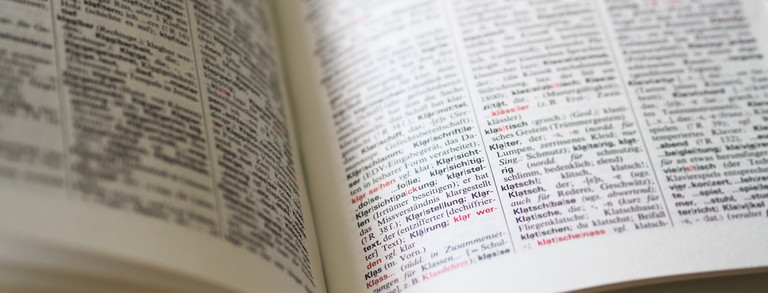Agender
Agender can be translated as "without gender". It describes a gender identity in which people do not feel that they belong to any ⇒ gender, define themselves as genderless or cannot relate to the concept of gender (Sauer 2018).
People who identify as agender are neither male nor female and locate their gender identity outside the ⇒ binary gender. It is important to note that the experiences and expressions of agender people, for example through appearance and behavior, can be diverse within this identity (Nguyen 2022). They may use gender-neutral ⇒ (neo-)pronouns as well as gender-specific pronouns like "he" or "she". Although the former is often preferred. In addition, agender people can also use other terms such as "genderless" "neutrois" or "gender-neutral" to describe their identity (Sauer 2018; Nguyen 2022).
Last updated: April 2025
Sources (in German)
- Sauer, Arn (2018): Agender. LSBTIQ-Lexikon. Grundständig überarbeitete Lizenzausgabe des Glossars des Netzwerkes Trans*Inter*Sektionalität. Bundeszentrale für politische Bildung, Bonn. Last accessed 08.04.2025.
-
Nguyen, Nina (2022): Was bedeutet es, Agender zu sein? FRAULILA. Last accessed 08.04.2025.
The glossary is meant to evolve through mutual exchange with readers.
We regularly put the definition of a term up for discussion under #klargestellt. Do you have questions or suggestions? Join the discussion and contribute to a better understanding of the terms! We welcome your feedback to: shk.gleichstellung@verwaltung.tu-dortmund.de






